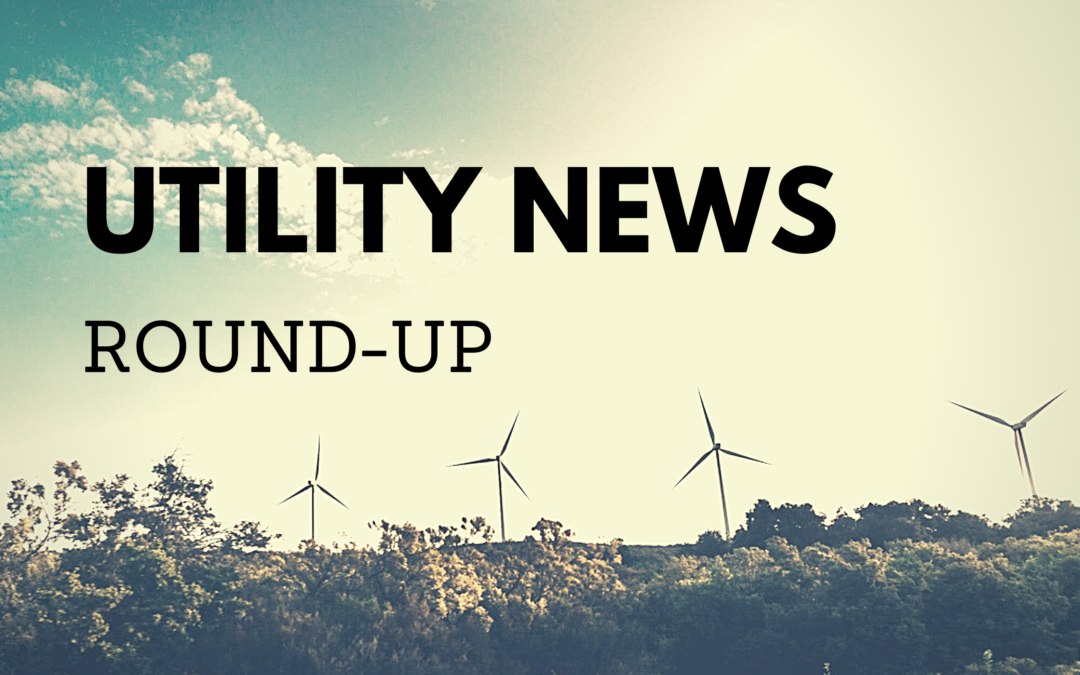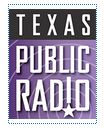 Texas Tribune: Texas House targets power grid flaw that cut electricity to natural gas facilities and worsened February blackouts
Texas Tribune: Texas House targets power grid flaw that cut electricity to natural gas facilities and worsened February blackouts
April 19 — The Texas House on Monday gave initial approval to a series of bills aimed at preventing another massive power failure, including one that would require state officials to adopt rules designating certain gas facilities as critical during an energy emergency.
— READ MORE
 CBS NEWS: Traditionally red Texas experiencing green jobs boom
CBS NEWS: Traditionally red Texas experiencing green jobs boom
April 19 – Oil-rich Texas leads the nation in wind power. In 2020, the state produced more energy from wind turbines than coal for the first time. The Lone Star state is quickly becoming the blueprint for a new type of blue-collar worker.
— READ MORE
 Texas Public Radio: Texas Legislature Advances Energy Reforms That Pit Fossil Fuels Against Renewables, Stalls On Action To Address Climate Crisis
Texas Public Radio: Texas Legislature Advances Energy Reforms That Pit Fossil Fuels Against Renewables, Stalls On Action To Address Climate Crisis
April 19 — As Texas lawmakers revamp the state’s management of electric power, some Republicans blamed the unreliability of renewable energy sources for forced statewide blackouts during winter storm Uri. Experts disagree, but that hasn’t stopped legislators from filing a slew of bills targeting renewable energy as part of efforts to address Uri’s fallout.
— READ MORE
 FORBES (Commentary): How Market Disincentives Are Again Squeezing The Texas Power Grid
FORBES (Commentary): How Market Disincentives Are Again Squeezing The Texas Power Grid
April 19 — Generators have in the past lobbied and won the stipulation that when their plants are ordered on-line for RUC capacity that they receive the highest price available, i.e. the price cap. So a generator that gets RUC’ed online for capacity receives $2,000 per megawatt hour instead of, let’s say, the $35 per megawatt hour it actually costs to run these plants.
— READ MORE
 Dallas Observer: Corporate Donors Bankrolling Texas Lawmakers Behind ‘Voter Suppression’ Bills
Dallas Observer: Corporate Donors Bankrolling Texas Lawmakers Behind ‘Voter Suppression’ Bills
April 21 — But here in Texas three of the state’s largest corporate donors — Exelon Corp., Oncor and Ryan LLC — have donated nearly half a million dollars to more than a dozen Republican state senators who sponsored Senate Bill 7, according to a new report by the watchdog Accountable.US.
— READ MORE
 Reuters: Texas on track to add record solar power capacity by end of 2022
Reuters: Texas on track to add record solar power capacity by end of 2022
April 21 — Texas, already the U.S. state with the most wind energy capacity, is catching up to California in utility-scale solar capacity, according to a report from the U.S. Energy Information Administration (EIA) on Wednesday.
— READ MORE
 Reuters: Texas wind farms sue Citigroup over charges from winter storm
Reuters: Texas wind farms sue Citigroup over charges from winter storm
April 21 — Shannon Wind and Flat Top Wind, subsidiaries of Innergex Renewable Energy Inc, operate North Texas wind farms that halted their wind turbines during an arctic deep freeze. Both had agreements to physically deliver power to Citi Energy, a unit of Citigroup Inc, at fixed prices.
— READ MORE
 Texas Standard: Proposed Energy Efficiency Law Swapped Out For ‘Terrible Plan’ From Warren Buffett’s Company
Texas Standard: Proposed Energy Efficiency Law Swapped Out For ‘Terrible Plan’ From Warren Buffett’s Company
April 19 — Senate Bill 2109 started out as an energy efficiency bill, designed to increase reliability and reduce costs for consumers. But after a parliamentary move in a Senate committee on Thursday, the bill now focuses on what industry experts and stakeholders describe as a competition-stifling, investment-repelling plan to build several state-controlled emergency power generators. And the proposed law would be paid for by consumers, and could enrich a multibillion-dollar subsidiary of one of the most powerful conglomerates in the world.
— READ MORE
 FORBES: 8 Key Questions Texas Power Providers Should Be Asked At Tuesday’s Hearing
FORBES: 8 Key Questions Texas Power Providers Should Be Asked At Tuesday’s Hearing
April 19 — In the heat of any legislative session, 6 weeks fly by in a flash. I was personally employed as an energy lobbyist in Texas in 2011, when a very similar arctic freeze event caused blackouts around the state, shocking many Texans into their first awareness about the increasing level of instability of their power grid, an instability that has only grown worse since that time. I looked on then as the state’s power generators, who profit nicely during such emergencies due to their ability to legally charge exorbitant rates for their product, strategically worked to run out the clock on that year’s legislative session in order to ensure no major reforms were implemented.
— READ MORE
 Texas Tribune: Despite natural gas failures during winter storm, Texas lawmakers target renewable energy in the aftermath
Texas Tribune: Despite natural gas failures during winter storm, Texas lawmakers target renewable energy in the aftermath
April 19 — Texas lawmakers have been advancing sweeping legislation to address some of the major issues stemming from February’s deadly winter storm and catastrophic power outages. But some of the legislative moves are targeting renewable energy sources, like wind and solar, which experts and some lawmakers say seems more like a way to protect oil and gas interests than fix problems with the state’s beleaguered power grid.
— READ MORE
 Texas Tribune: Severe weather this summer could cause another Texas power crisis
Texas Tribune: Severe weather this summer could cause another Texas power crisis
April 15 — The state’s grid operator included extreme weather scenarios in its early summer assessment and found that a combination of a severe drought, heat wave and low winds could lead to more power outages. Experts warn this summer could be hot and dry, enhanced by climate change.
— READ MORE
 WFAA: Simple fix to prevent future electric outages has yet to be mandated by the Texas legislature
WFAA: Simple fix to prevent future electric outages has yet to be mandated by the Texas legislature
April 18 — Natural gas producers, which fuel the majority of Texas electric generation plants, are not required to fill out a two-page form declaring they are critical infrastructures like hospitals, jails, and 911 centers. So, in February, when electric transmission companies began turning off power to homes and businesses across the state, many natural gas producers went dark, as well.







